Redefining Research with Autonomous AI Agents
- The AI Scientist is a comprehensive framework enabling AI to conduct independent scientific research, from idea generation to peer review.
- This framework demonstrates its versatility across machine learning subfields, generating publishable research papers at a fraction of traditional costs.
- The development introduces a new era in scientific discovery, potentially democratizing research and accelerating innovation in complex fields.
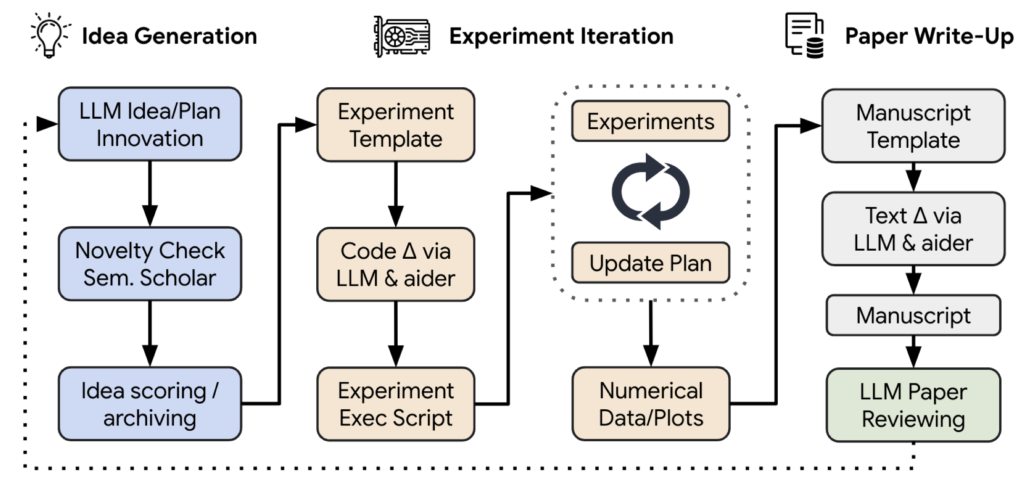
The quest for artificial general intelligence (AGI) has long been marked by the ambition to create AI systems capable of independently conducting scientific research—a task typically reserved for human experts. Enter The AI Scientist, a groundbreaking framework that pushes the boundaries of what AI can achieve in the realm of scientific discovery. Developed as part of ongoing efforts to advance frontier AI models, The AI Scientist is designed to autonomously generate novel research ideas, write and execute code, conduct experiments, visualize results, and even draft full scientific papers. This innovative approach doesn’t stop there—it also simulates a review process to evaluate the quality of its findings, aiming to iterate and refine ideas in a continuous loop of discovery.

The AI Scientist was tested across three subfields of machine learning: diffusion modeling, transformer-based language modeling, and learning dynamics. The results were nothing short of revolutionary. For a minimal cost of under $15 per paper, The AI Scientist was able to produce research papers that not only met but exceeded the acceptance threshold at a top machine learning conference, as judged by an automated reviewer designed to mimic human evaluation. This milestone suggests that we may be on the cusp of a new era where AI-driven research could dramatically accelerate scientific progress across a variety of disciplines.
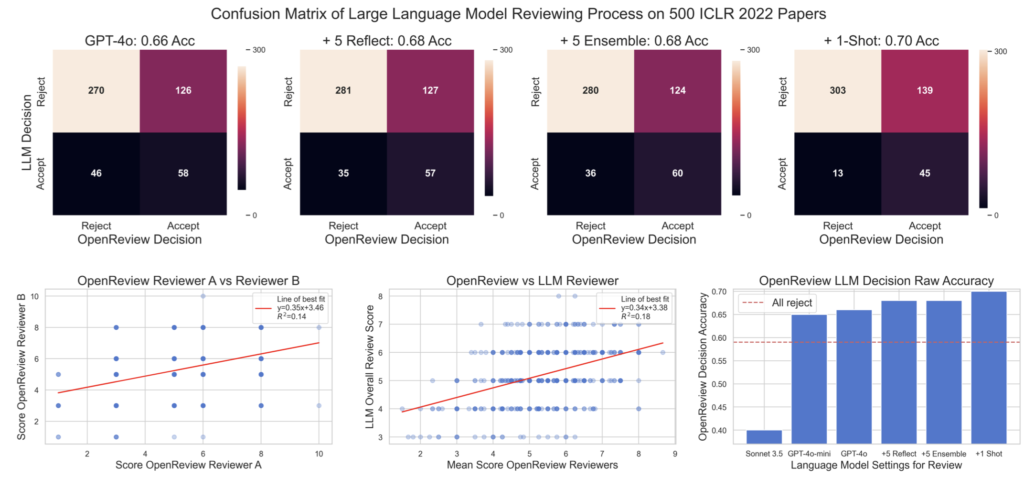
The implications of this development are profound. Traditionally, conducting scientific research involves significant time, expertise, and financial resources. However, The AI Scientist framework democratizes this process by lowering the barriers to entry. This could enable a more diverse array of voices to contribute to scientific discourse, fostering innovation in areas that have historically been resource-intensive. Moreover, the framework’s ability to iteratively develop and refine ideas suggests a future where AI not only aids human researchers but also drives independent scientific inquiry.
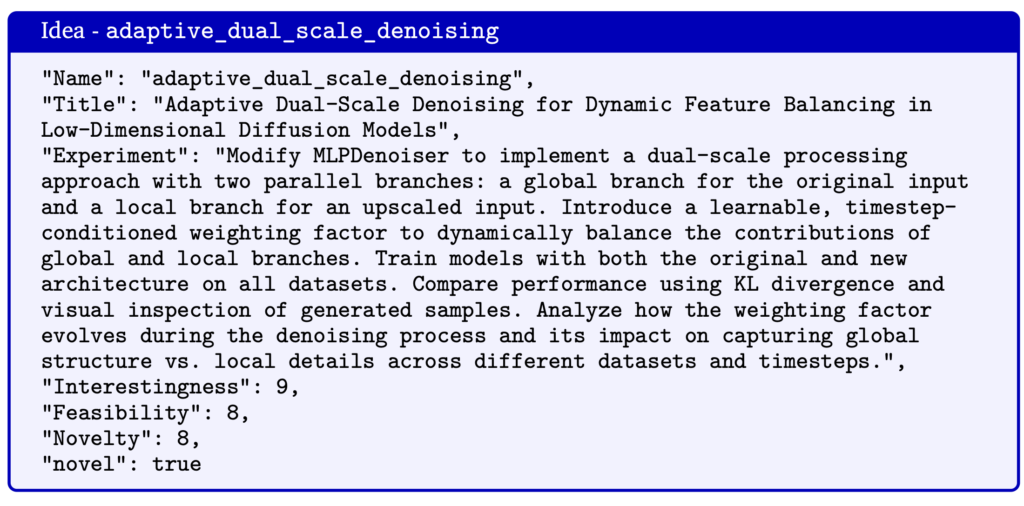
One of the critical components of The AI Scientist’s success is its ability to learn and adapt. By training on various datasets and refining its approach through successive iterations, the framework exhibits a level of flexibility and creativity that has traditionally been the domain of human researchers. This adaptability is particularly evident in the framework’s application to different machine learning subfields, where it successfully generated meaningful insights and research outcomes.

Despite its promising capabilities, The AI Scientist is not without limitations. The quality of its outputs is highly dependent on the data it is trained on, and the framework still requires human oversight to ensure the validity and relevance of its findings. Moreover, while the automated review process offers a novel approach to evaluating research, it is not yet a perfect substitute for the nuanced understanding that human reviewers bring to the table.
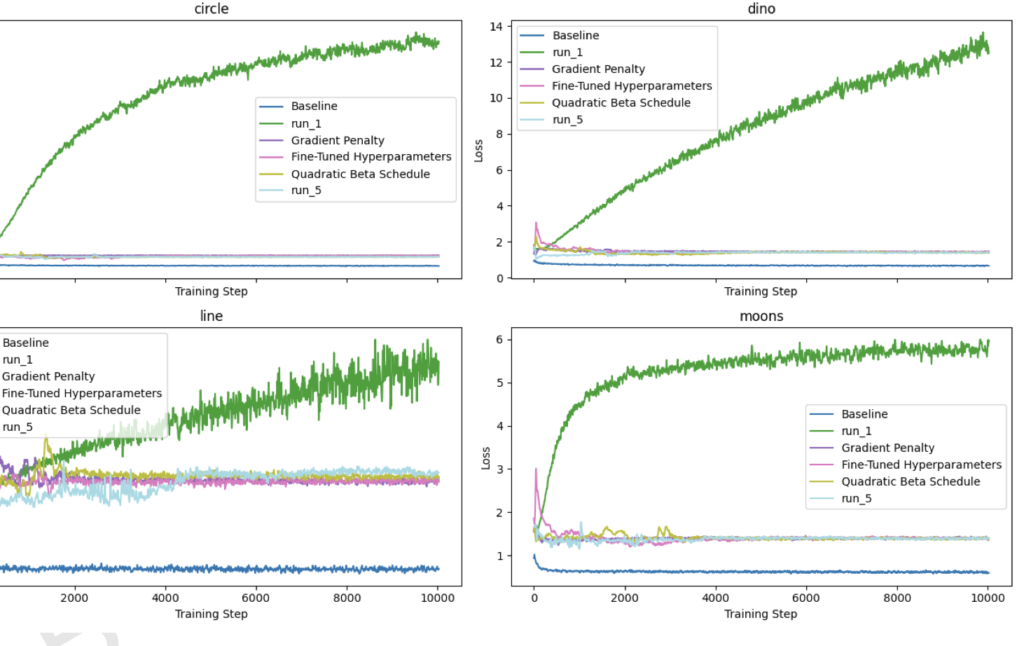
Looking ahead, The AI Scientist represents a significant step forward in the pursuit of AGI. Its ability to autonomously conduct research, generate new knowledge, and contribute to scientific discourse positions it as a potentially transformative tool in various fields. As the framework continues to evolve, it could play a pivotal role in addressing some of the world’s most complex challenges, from climate change to advanced medical research.
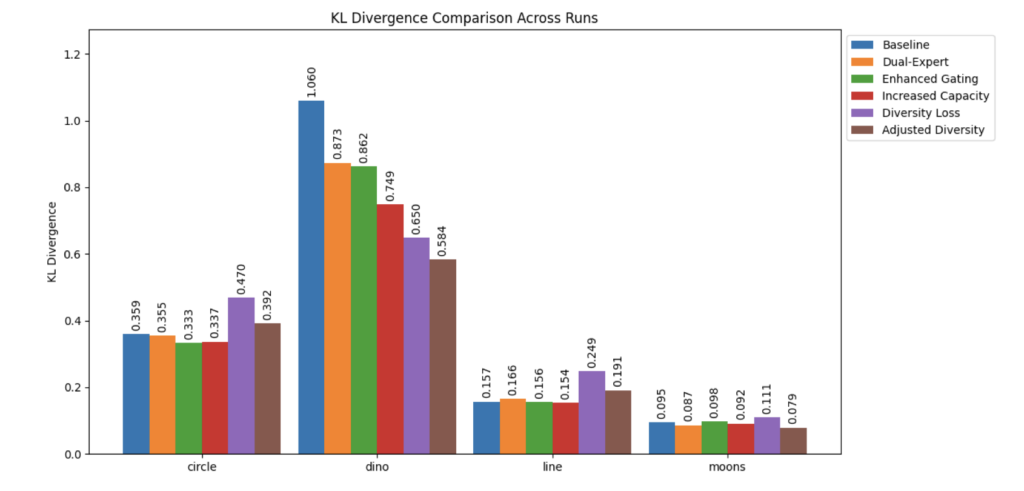
The AI Scientist is more than just a tool—it’s a harbinger of a future where AI and humans collaborate to unlock new frontiers of knowledge. By automating the research process, it offers the potential to accelerate scientific discovery, democratize access to research, and ultimately, bring us closer to realizing the full potential of artificial intelligence in the scientific domain.
